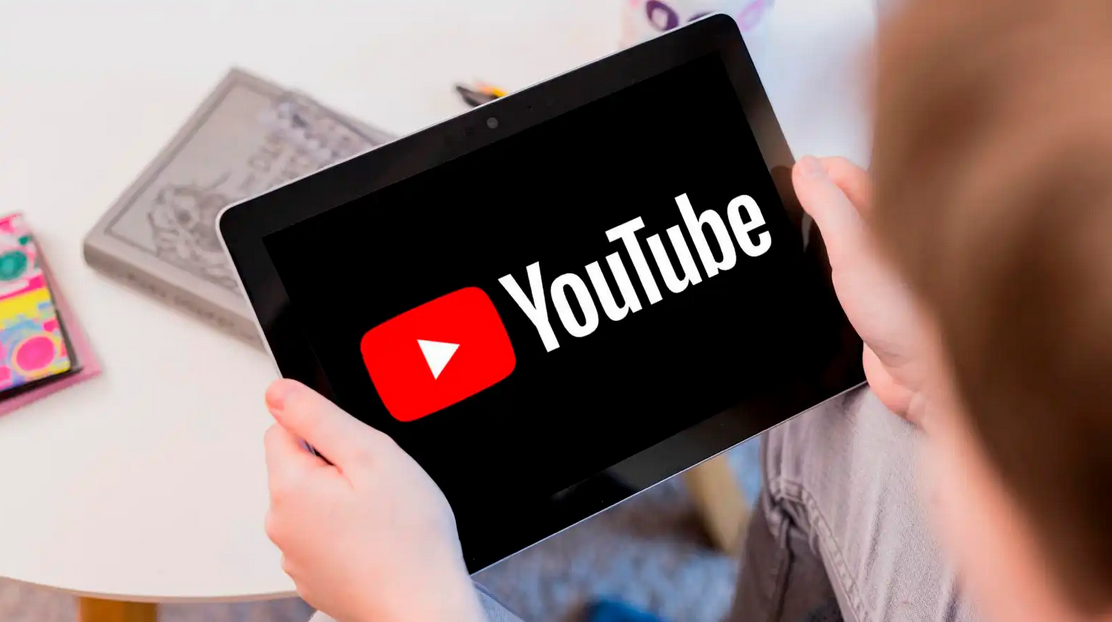In a surprising move, YouTube has made a significant shift in its election integrity policy. The tech giant has now decided to permit the presence of content that claims fraud, errors, or glitches took place during the 2020 presidential election and other U.S. elections. This reversal has raised eyebrows and fueled speculation among conservatives who wonder if it’s a strategic move to allow room for denial if President Biden faces defeat in the 2024 elections.
The Controversial Decision: YouTube’s new stance was confirmed by the company to Axios on a Friday. Previously, the platform had actively enforced policies to combat misinformation and prevent the spread of baseless claims related to election integrity. However, this recent policy change marks a shift in the platform’s approach to content surrounding elections.
SCOOP: YouTube reverses misinformation policy to allow U.S. election denialismhttps://t.co/7VoNkJfVZZ pic.twitter.com/5AwG3jzfNS
— Axios (@axios) June 2, 2023
While YouTube has emphasized that it will continue to remove content that promotes violence or poses a serious risk of harm, allegations of fraud, errors, or glitches will no longer be automatically taken down. This development has ignited debates about the impact it may have on public discourse and the potential for widespread misinformation.
Many conservative commentators and supporters of former President Donald Trump see this policy shift as an opportunity for open discussion and the exploration of alleged irregularities in the 2020 presidential election. They argue that YouTube’s decision allows alternative perspectives to be heard and promotes a more balanced dialogue on election integrity.
Some conservatives have seized upon the notion that this change in policy could serve as a safety net for President Biden if he faces defeat in the 2024 elections. They speculate that YouTube might be providing an avenue for claims of fraud, errors, or glitches to be presented to the public without immediate censorship, allowing for denial and questioning of election outcomes.
Critics of YouTube’s decision, particularly those on the left, worry that this move could perpetuate the spread of misinformation and unfounded claims about the legitimacy of elections. They argue that the platform has a responsibility to combat falsehoods and protect the integrity of democratic processes.
Moreover, some experts express concerns that allowing such content to persist on YouTube could further erode trust in the electoral system and contribute to the polarization of political discourse. They caution that the impact of this policy change may extend beyond YouTube, as the platform’s wide reach can influence public opinion and shape the narrative surrounding elections.
YouTube’s reversal of its election integrity policy, which permits the presence of content alleging fraud, errors, or glitches in the 2020 presidential election and other U.S. elections, has sparked significant controversy. While conservatives view this shift as an opportunity for open dialogue and the exploration of potential irregularities, critics worry about the spread of misinformation and the erosion of trust in the electoral process.
As the debate continues, the ramifications of YouTube’s decision remain uncertain. It remains to be seen how this policy change will impact public perception, the credibility of future elections, and the overall state of online discourse.

